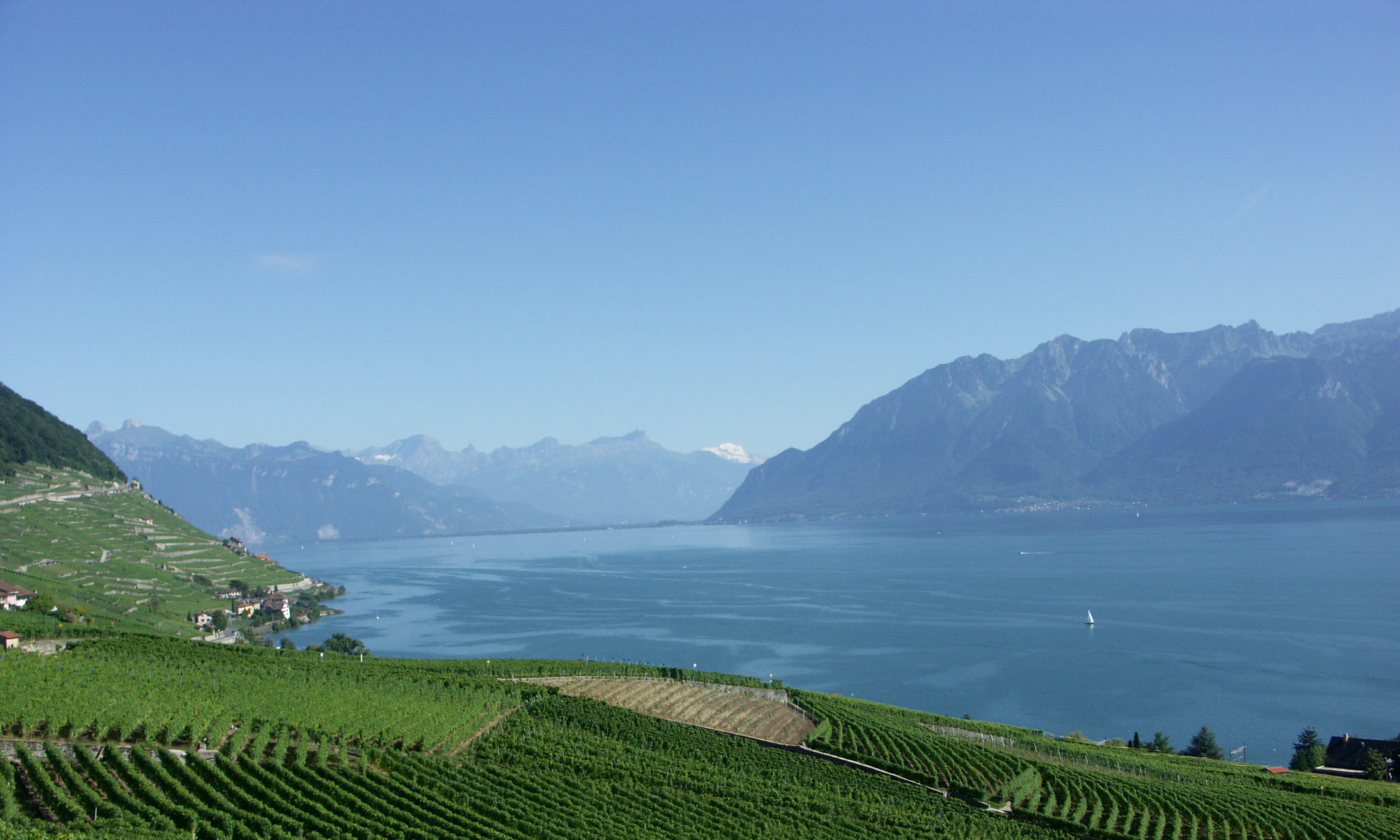To reply to this question use the “Leave a reply” box/field at the bottom of this page.
27 Replies to “Question 5: Is there anything more WMO can do to make the government agencies that fund your operational hydrology activities more knowledgeable about the efficiency and essential character of these services to the social and economic well-being of your country? How does your Service relate with the disaster/emergency, agriculture, health and other relevant national agencies, academia and private sector?”
Comments are closed.


En mi opinión, mantener un foro específico en materia de hidrología a nivel internacional contribuiría a dar visibilidad a la hidrología operativa a nivel nacional.
En nuestro país, hay distintos niveles de relación entre los servicios hidrológicos y las agencias mencionadas anteriormente, entre los canales formales de participación, en el ámbito de de cuenca hidrográfica, se encuentran la Junta de Gobierno, y el Consejo del agua de la demarcación. A nivel nacional, la participación en la gestión del agua se articula a través del Consejo Nacional del Agua. Aunque no son los únicos canales de interacción,(por ejemplo, entre otros existen foros específicos para tratar temas concretos como las inundaciones con los servicios de protección civil ), y no están dedicados en exclusiva a la hidrología operativa ( abordan otros temas más amplios en materia de gestión de recursos hídricos).
In my opinión, mantaining a Hydrological Forum at the international level could contribute to give visibility to Operational Hydrology at the national level.
In our country, there are different levels of interaction of the Hydrological services and the different agencies aforementioned. Among participation channels, there are bodies such as Juntas de Gobierno and Water Council . At the national level, the oficial body is the National Council on Water, although there are specific groups for some matters, such as floods under Civil Protection…
The WMO, on one occasion, boosted the subject of the assessment of hydrometeorological services, in the management of disaster risks. But unfortunately I have not been able to see the results of these processes, as a support mechanism towards the search of greater economic resources in each country.
The need to have an observation network, the basic or elementary mechanisms to define a basic network.
There are many experiences in issues of Early Warning System, but we are always taking the first step in this issue, for not having a space for cooperation and regional integration.
As we can see, the Hydrometeorological Services are the fundamental basis of all development, through the generation of scientific technical knowledge that underpins local, regional and national development.
What does it mean to politicize hydro-meteorological services in the countries of the region?
A travers :
• Organisation des ateliers ;
• Voyages d’études ;
• Formations continues ;
Liens entre le SHN et les autres services connexes dans la gestion des catastrophes :
• Appartenance à la cogestion des projets : Projet GIRE ;
• Cadres de concertation : Commission « GESTION DES EAUX » de Selingué et du barrage de Markala ;
• Diffusion des produits (bulletins/annuaires, annonces des évènements).
1. Creating organized hydrological services or cadres.
WMO has limited role in it.
2. Capacity building and hydrology education – WMO can play important role.
Los Servicios Hidrológicos Nacionales deben entender, que la colaboración con los gobiernos de cada provincia del país, es esencial para nuestra supervivencia. Y tienen que comprometerse en una red de monitoreo de agua ( meteórica, superficial y subterránea) y tomar de decisiones.
Aprender a tener un enfoque colaborativo para poder tener respuestas rápidas ( y que no solo les sirvan para sus necesidades políticas)